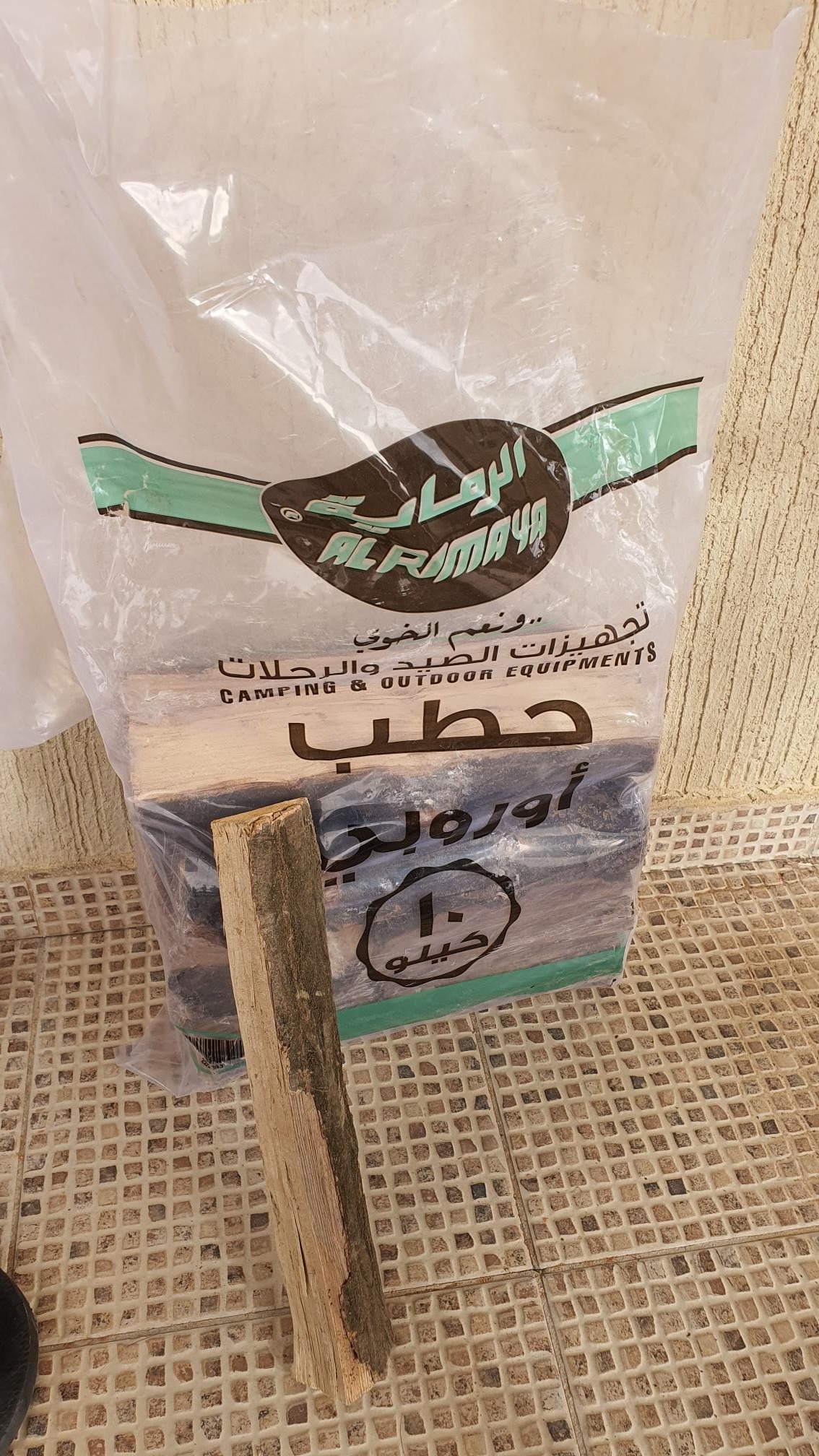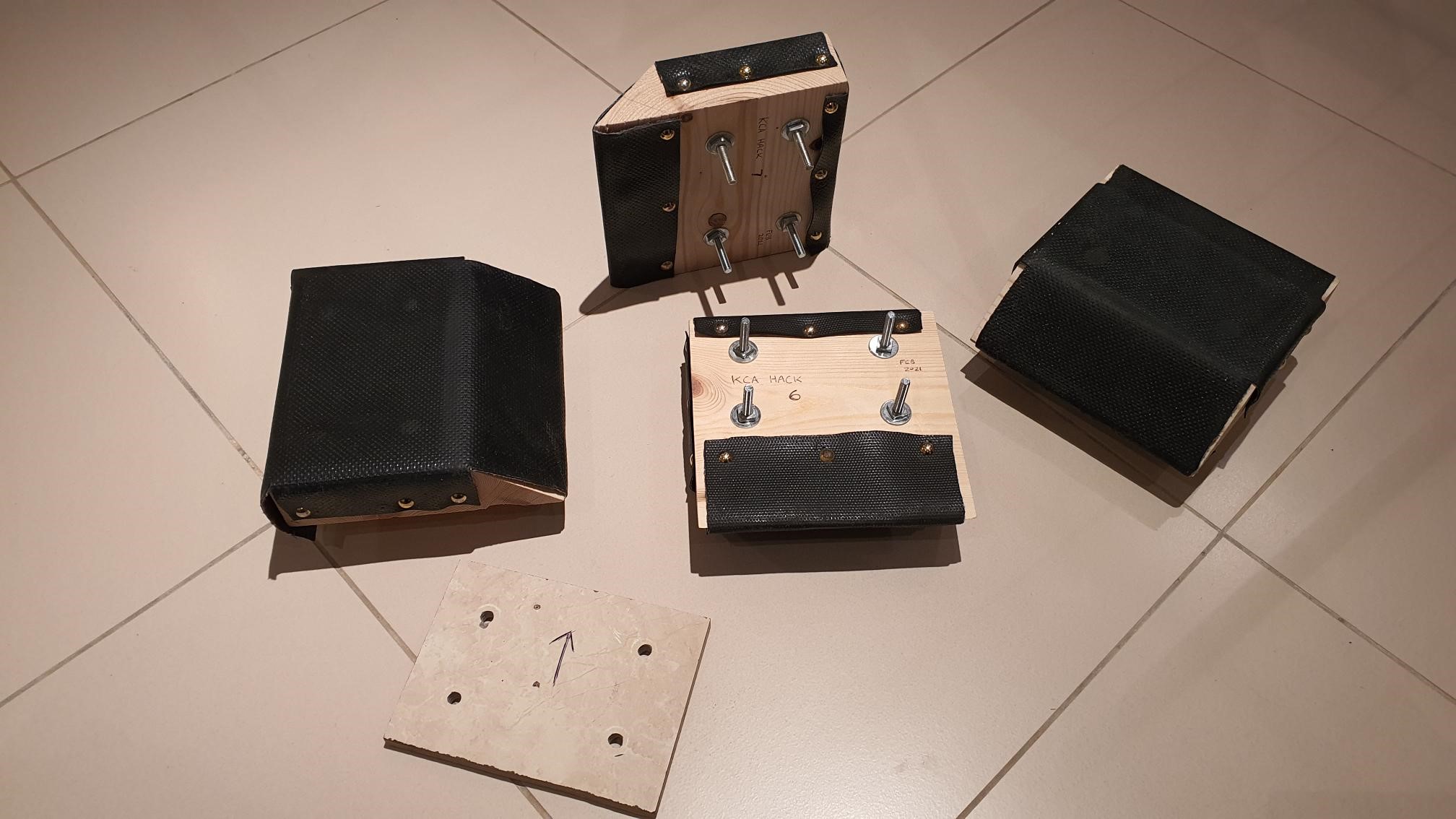Wood
At home in Biggar our house has a multi-fuel burner in
the living room which heats quickly and gives out a cheery glow especially on the
coldest days. It will burn coal, peat and wood quite happily. My preference is
for wood, which is the cheapest of the three, especially when I am able to
source the logs myself. Before I started
working in KSA I always carried an axe and a saw and a couple of hessian bags
in the rear of my estate car. As I drove around our local area I would pick up
any fallen boughs and branches I found at the roadside, cut them up and and pop
them into the car. Once home, I had a system for drying the wood out in different
locations around the garden and woodshed for about a year before it got to the
fire.
Having an open fire is illegal in the city of Riyadh, and at the first sign of smoke, Civil Defence firefighters are swiftly despatched to deal with it. Building fires are a rarity here because all modern properties are built with poured reinforced concrete walls, floors and rooves, and older properties are mud and stone based with only wooden doors and lintels. No floorboards or joists here either, tiles on flat sand are ubiquitous. But firewood is on sale at some hardware shops like Saco, and out of the backs of 4x4 pickups at the roadside on main roads leading out of the city. This wood is destined for weekend camps in the desert, and is snapped up by Saudi families heading out for their favourite outdoor pastime. In Saco the wood is very expensive by UK standards, costing upwards of 35 SAR (£7) for an armful.

Camping wood bought in Riyadh
So where does this wood come from? In November 2020, cutting down a tree without official permission was criminalised with fines of up to 30,000,000 SAR (yes, 30 million, =£6m) and/or up to 10 years in jail for offenders. Trees are more than protected, they are very rare in this dry country. The vast majority of trees are cultivated in oases, or located in cities for decorative use. And these are almost exclusively palms and of the varieties that produce dates and/or oil. So no indigenous wood supply, it all has to be imported.
I know a Lebanese chap who runs an out-of-town straha – a private garden spot to the north of Riyadh where people can go for a day out. Many of these places are family owned and are where the extended families meet up for weekends to relax. But this one is for rent, and consists of a bungalow with lawns and trees. And a fire-pit where barbeques and the like take place. There are a couple of Asian staff employed there as hospitality serving staff and groundskeepers, and they have free range of the house, the garden sheds and stores – everywhere that is except the woodshed. This is a padlocked 20-foot shipping container which he ordered in from Canada and he personally takes out a measured amount of the pine firewood for every day of the let at his straha. This might sound extreme, but he says that the wood is so valuable that he doesn’t trust his hired hands with it. So, even at small enterprise level it is cheaper to have wood shipped in for use than bought locally.
Our curling hacks (foot blocks drilled into the ice to use as static push-off points) were home-made 3 years ago in Scotland when our next-door neighbour helped me in his home workshop. After 3 years of use and over 50 games played they have reached the end of their lives and it was time to get some more. One of the things I have discovered in my time here is that there is an area just to the south of the SRO station where there are all sorts of wood and metal workshops. Manned by industrious Asians (this sector hasn’t been Saudi-ised yet as its blue-collar work) these guys can turn their hand to most things. So I went into one of these places and showed the chap there exactly what I wanted, and half an hour later I was on my way with 4 new hack-shaped wooden blocks, and holes drilled in the right place to fit the template we use when drilling into the ice. I picked up some new bolts and washers to fit them, and that was me good to go, all I needed to do was transfer the rubber grip layer off the old hacks and onto the new. The rubber grips had been upturned Guinness drip mats gifted to me from our local pub at home. Total cost = 25 SAR (£5) for the lot. If only there was someone locally who could grind and polish granite….but we would still need to import that. In curling, even at our level you can improvise only so far.

New hacks and the drilling template
As I write this blog, it occurs to me that I haven’t seen any of the roadside wood sellers recently. Presumably the threat of the fine has served its purpose.
